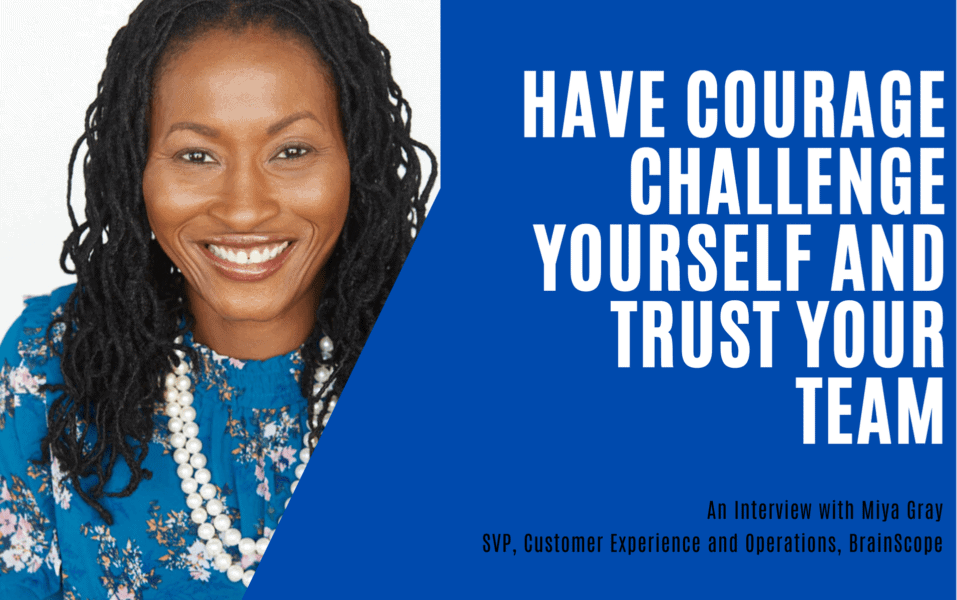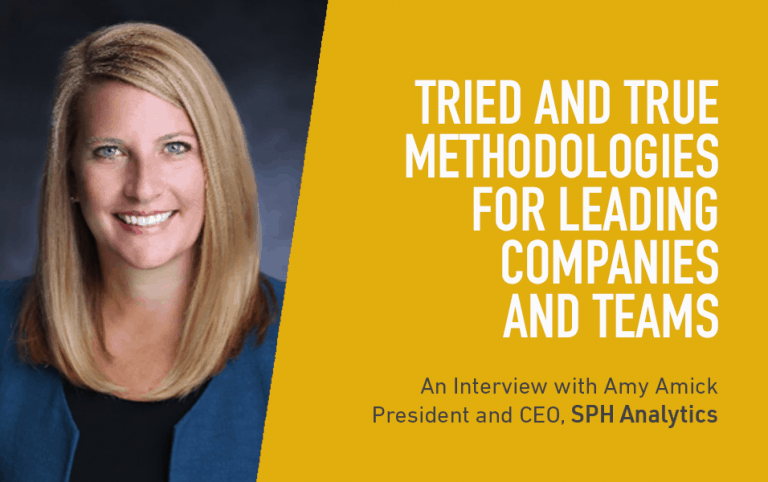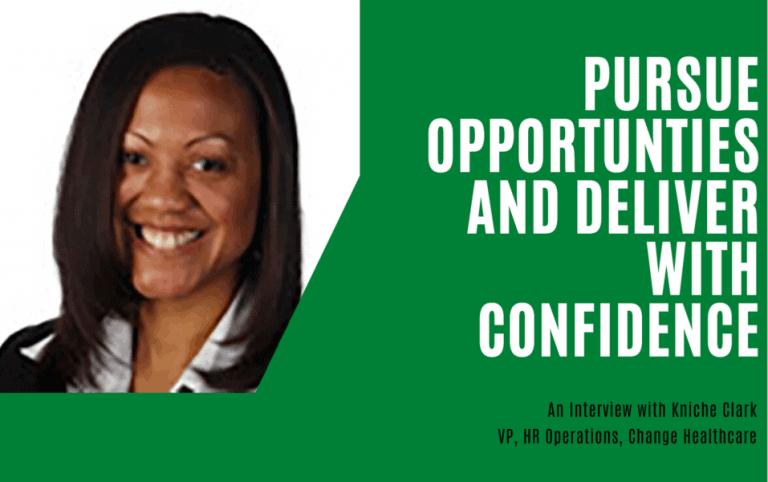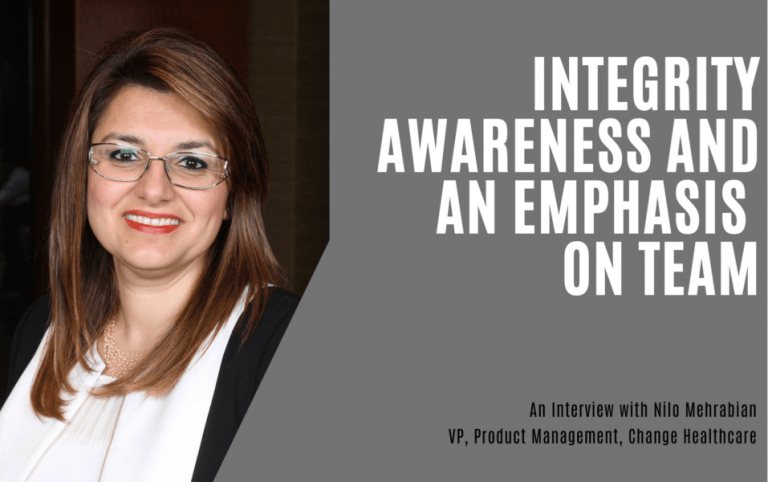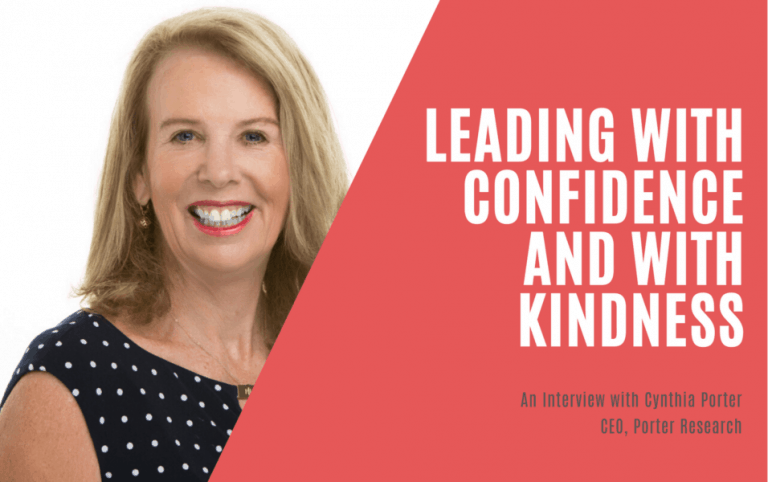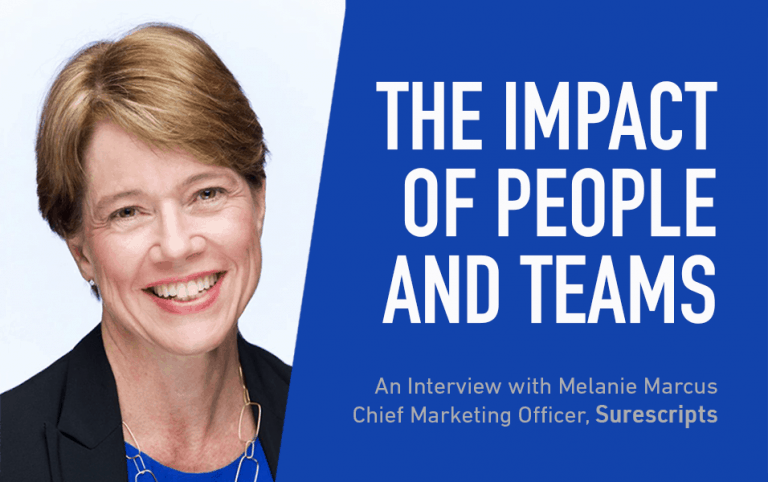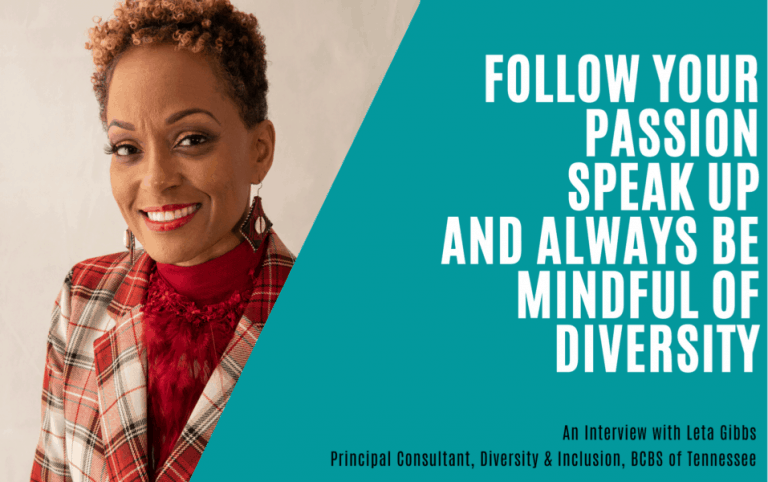Have Courage, Challenge Yourself and Trust Your Team
[et_pb_section fb_built=”1″ admin_label=”section” _builder_version=”3.22″ custom_padding=”30px|0px|30px|0px|false|false”][et_pb_row admin_label=”row” _builder_version=”3.25″ background_size=”initial” background_position=”top_left” background_repeat=”repeat” custom_padding=”2px|0px|19px|0px|false|false”][et_pb_column type=”4_4″ _builder_version=”3.25″ custom_padding=”|||” custom_padding__hover=”|||”][et_pb_text admin_label=”Text” _builder_version=”4.0.9″ header_4_text_align=”left” header_4_font_size=”15px” header_4_line_height=”1.4em” background_size=”initial” background_position=”top_left” background_repeat=”repeat”]
Have Courage, Challenge Yourself and Trust Your Team
An Interview with Miya Gray, SVP, Customer Experience and Operations, Brainscope
I was delighted to speak with Miya Gray, SVP of Customer Experience and Operations at Brainscope. As a young engineer Miya used her knowledge and skillset to achieve success in the startup world; in this conversation she shares her unique leadership journey and reminds us to always have courage and focus on doing what’s right for your team – the results will follow. (7 min read)
Tell us about your career path and what led you to where you are today.
Well, I’m an engineer by training, I completed my undergrad in Electrical Engineering and my master’s degree is in Engineering Economic Systems and Operations Research. The reason I went to grad school was because I knew I wanted to do something other than technical engineering work – I wanted to bridge the gap between technology and business. Initially I wanted to do strategy consulting work, but, in my first year at Mercer Management Consulting, I learned that I do not like pure strategy consulting. I transitioned over to Accenture and was focused on technical consulting and was enjoying that role. I was living in San Francisco and everything was great, until the dot com bubble burst and I was laid off. I was barely two years into my career and there were so many people out of work who had a lot more experience than I did, so I had to regroup.
I moved from San Francisco back to my hometown of D.C. and started heavy networking. I landed a position with Bon Secours Health System doing ERP implementation, which ultimately was a five-year project. I eventually became the system administrator responsible for all of the B2B procurement e-commerce operations at Bon Secours. I was then recruited by Surescripts, which, at the time, was a small startup company. I had a lot of opportunity to be in different roles at Surescripts, which was great for my professional development.
After 11 years at Surescripts I wanted to try something new but stay in healthcare. I was thrilled to find another startup called BrainScope, which is where I am today. I had forgotten how fun and challenging it is to work for a start-up! (laughs)
A little over two years ago, I was brought on to BrainScope to build out the Customer Experience function, and, in the last year, I’ve had other responsibilities added to my role, including Manufacturing, Engineering, and Program Management. It’s a lot different than years ago when I was doing technical work myself and, of course, the engineering team is primarily (younger) men but I believe that me being able to ask the right questions and really listen helped them feel like they have an advocate where they hadn’t before. Now we’re really ramping up commercially, we have a new CEO with a great strategy, and it’s a very exciting time for us.
You mentioned the engineering team is primarily men. As a female engineer yourself, do you see that changing, are there more female engineers?
I’ve been more focused on bringing overall diversity to the team when we can. We hired a female systems engineer last November who is working on her master’s degree in engineering; we weren’t specifically looking for a female, just the right person for this role. She was the best candidate for this job, and she happened to be a woman. But I do see more female candidates coming in.
What’s different about your leadership style now, than in your early days as a manager?
I think the biggest thing is that I’m far more patient than I used to be. I listen more now, and I will shift my approach based on who I’m working with to better suit that person’s style. I’m a very direct person, so sometimes I’ll soften my approach based on the person who I’m dealing with. As a younger manager in a start-up environment I had to do a lot more tactical work – I wasn’t just managing the team, I was doing a lot of the same work as the team. Now there’s no way I can know how to do everything the people on my team know how to do. I’m a lot more comfortable just trusting the folks on my team.
Do you find that your team communicates more with you with that shift in style?
I don’t think I’ve ever had a problem with people coming to me. I generally make friends with my team. I think that’s one of the best ways to effectively manage people if you can develop a personal relationship in addition to the professional relationship. I know some people don’t agree with it, but that’s kind of how I roll. (laughs)
What has been one of your biggest challenges as a leader?
It has a lot to do with people management balanced with getting things done. I believe in making time for my team and no matter how many things I need to do. I’ll take an hour and have a conversation with someone if they come to me. If people are putting that trust in me, whether it’s personal or professional, I make that time for them because they need to know that they are supported—even if that means that I need to work longer on a given day.
The other thing I would say is managing people’s perceptions. A few different times over the course of my career I’ve been completely astonished at how other people have perceived what I’ve said or even the look on my face at the time. I guess a lot goes on with my facial expressions in meetings! (laughs) So I’m much more careful now to keep an even expression and tone because you just don’t know how people are going to perceive these things.
Did you ever question being in the technology space or ever want to switch industries?
I’ve always been big on STEM, especially having studied engineering myself. And I’m always trying to get young women to go into STEM fields, so that still remains true. But when I look at the opportunities now for young people to explore, I wish I had explored more myself. When I was in junior high, I decided I wanted to be an engineer, mostly because I was good at math. I always thought engineering was really cool and I never changed that focus. I would tell younger people to explore more, challenge yourself, and be comfortably uncomfortable.
What wisdom would you share with new leaders?
Don’t be afraid to ask questions. And don’t be afraid to network aggressively, meet new people, and have conversations. It’s not about trying to get a job from that person, just learn from others and shift how you’re thinking about things. And stay connected to the people who have been in your life. I’ve been lucky that a lot of my co-workers have become friends as well.
What rules that you’ve broken along the way that have led to your success?
When I’ve been told no, I figure out a way to get to yes. Maybe not from the person I was told no, but from someone who can make it happen for me. I had a project that involved developing specific software that would bring huge efficiencies for my team but was unable to get this development work approved through our normal channels. So I devised a workaround when I found an individual who agreed to do the software development himself. We worked to make it happen, and it was successful. My team felt great because they were not overburdened, and it was positive for our customers because we could turn around their requests more quickly.
At the time it was a pretty big deal that I had broken the rules. I actually told my manager, “look I’m doing this,” explaining how good it would be for the team and he basically told me to go for it. I think it’s one of those things in the startup mentality – you need to have some of that in order to succeed in the startup environment.
What are you most optimistic about?
In light of what’s going on in the world today with the global COVID-19 pandemic, I’m excited to see how we effectively leverage telemedicine to ensure patient care. Because most providers are being very careful and still trying to maintain contact with and treat their patients, telemedicine is experiencing an amazing surge. Given how long telemedicine and telehealth has been available, it’s both sad and encouraging that COVID-19 has pushed providers and patients outside of their comfort zones – and people are STILL getting the care they need. Wouldn’t it be great if we could figure out how to keep telemedicine at the forefront once things get back to “normal” – how much time it could save, how many more patients a providers could “see”….I’m looking forward to the new normal. There are tons of opportunities for many aspects of healthcare technology.
What advice would you give your 15-year-old self, your 30-year-old self?
I think I’d give my 15-year-old self and my 30-year-old self the same advice, actually. And that is when someone gives you advice or feedback, you should listen to it and digest it because they’re taking the time to give it to you – even if you don’t agree with it. The other advice is to be flexible. Don’t get caught up in being right, get caught up in doing the right thing.
As you look to the future, what do you want your business legacy to be?
I’m a people person, so I’d like for my legacy to be that I’ve made a positive impact in people’s lives. Both in our industry and the impact we can have with technology in healthcare, the ability to really impact people’s lives, but also with my team members and colleagues. I want people to look back and say, “That Miya, she was direct, but she was fair. She always had my back. She always listened, and it was great working with her.” That would mean so much to me.
What personal Indulgence keeps you balanced?
I try to work out at least a few mornings a week to keep me mentally balanced. When I’m stressed out, I allow myself to shop online. (laughs)
What is your favorite place to travel?
That’s tough to pick just one – I’m big on travel. I would say generally speaking the Caribbean, because it’s quick and easy and there’s a beach that I can lay on.
What are you reading right now?
My email. (laughs) That and several articles on head injuries and short-term impacts that occur with the brain. There’s so much research and interesting material related to our business I try to stay in tune with.
What do you look forward to every day?
I’ve always said that if I can’t learn something new every day where I am, then I need to go somewhere else. I love learning and I also love the interaction with my team members here. So that’s what I look forward to. I know I’m going to learn something new, and I’m going to see my crazy bunch of colleagues here, and we’re going to make it happen.
[/et_pb_text][/et_pb_column][/et_pb_row][/et_pb_section]

